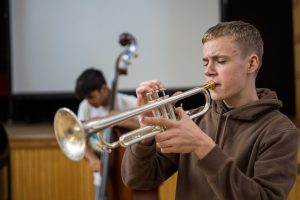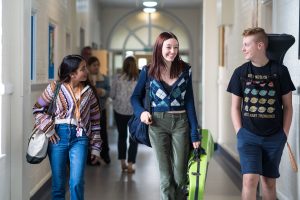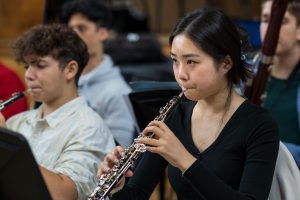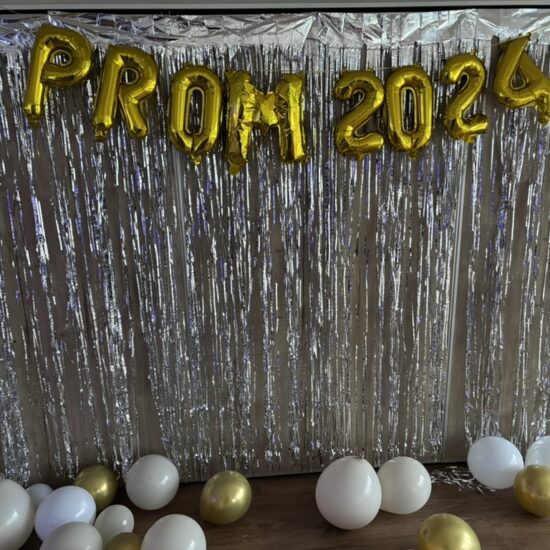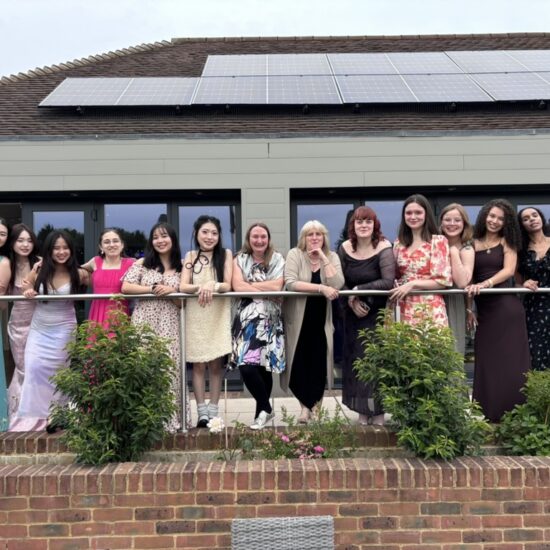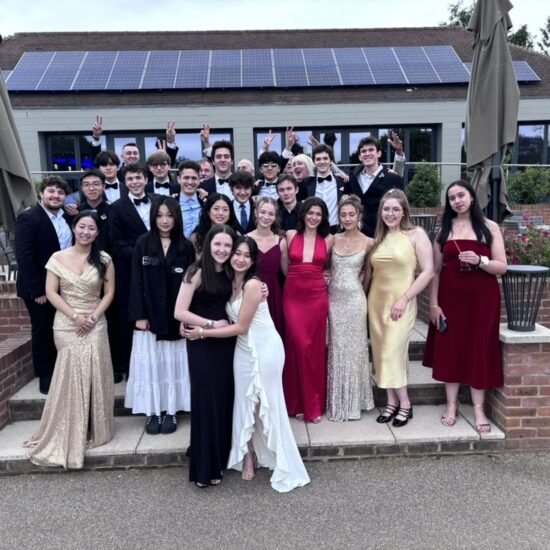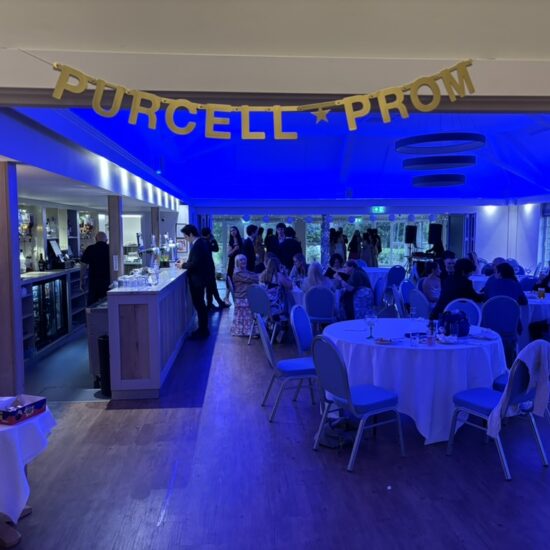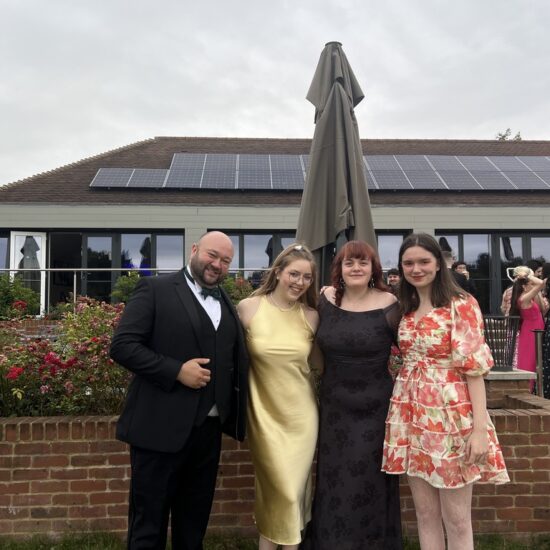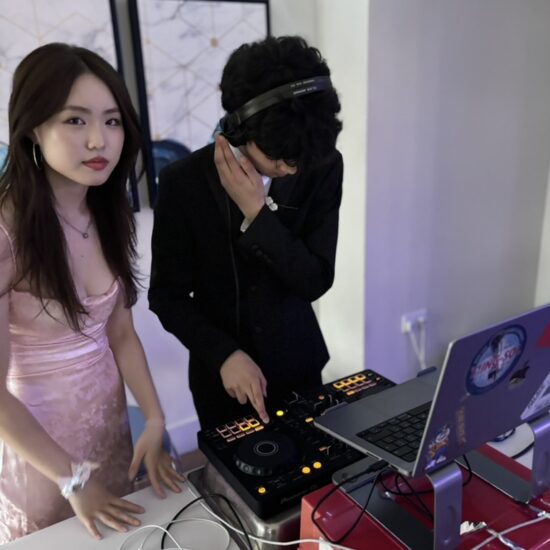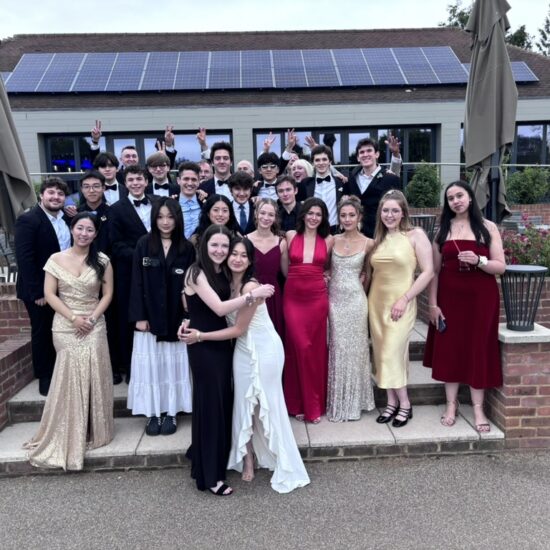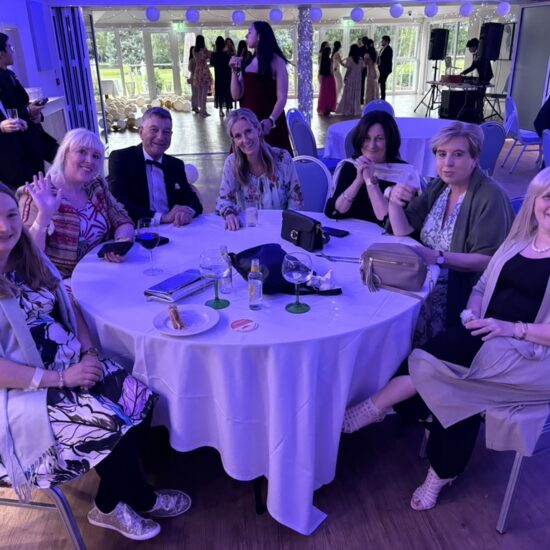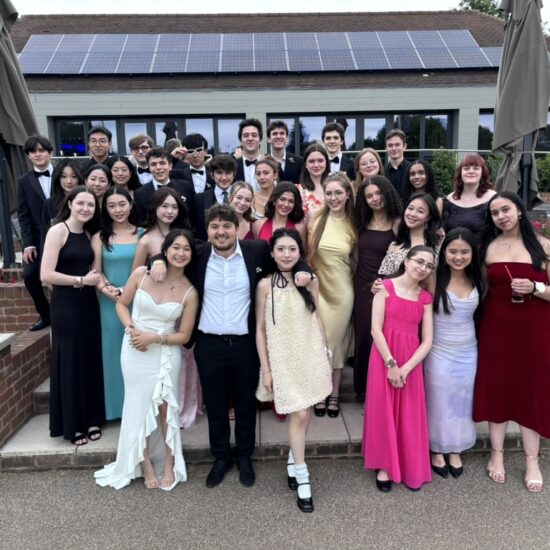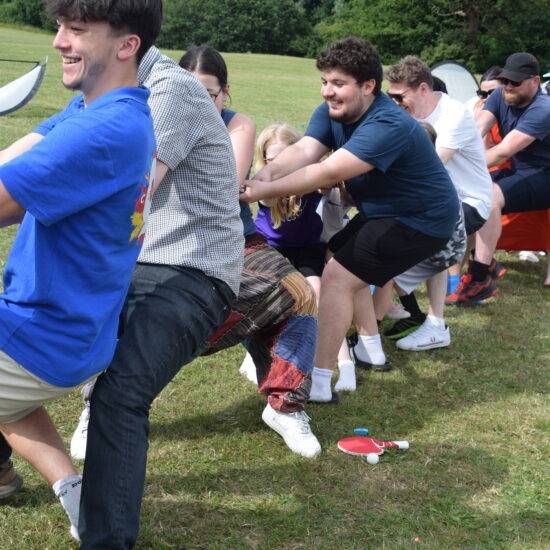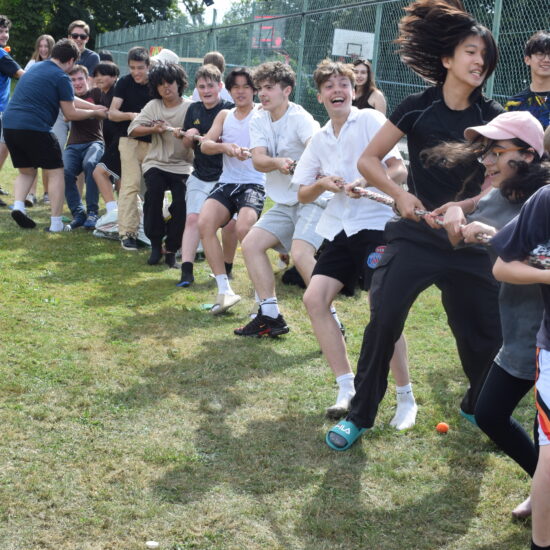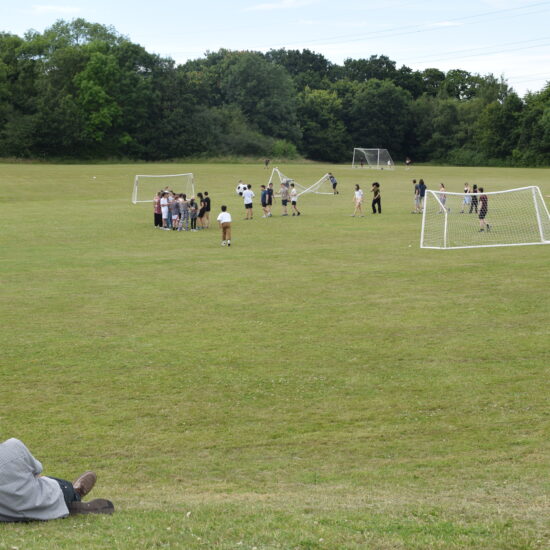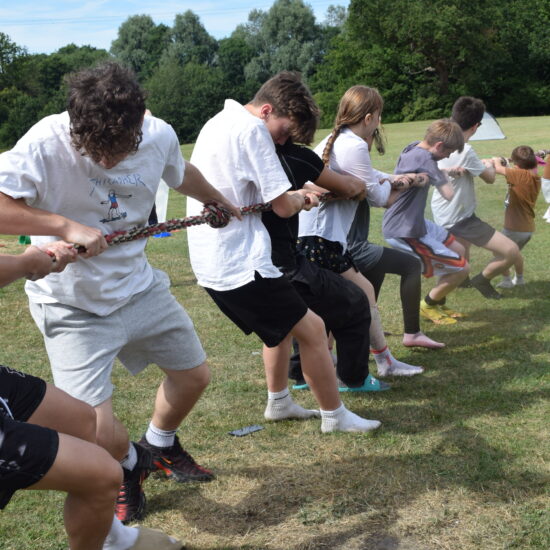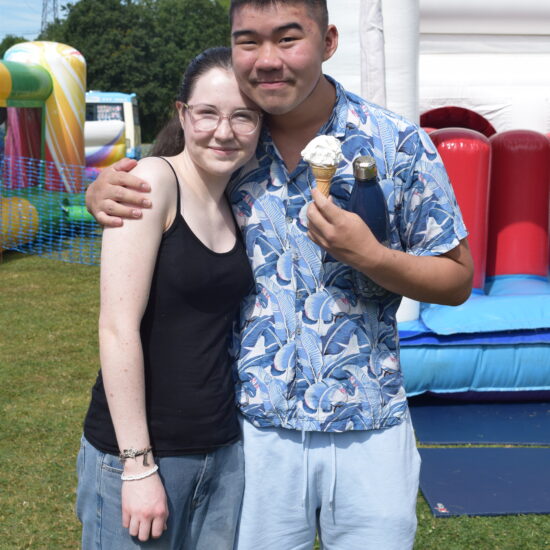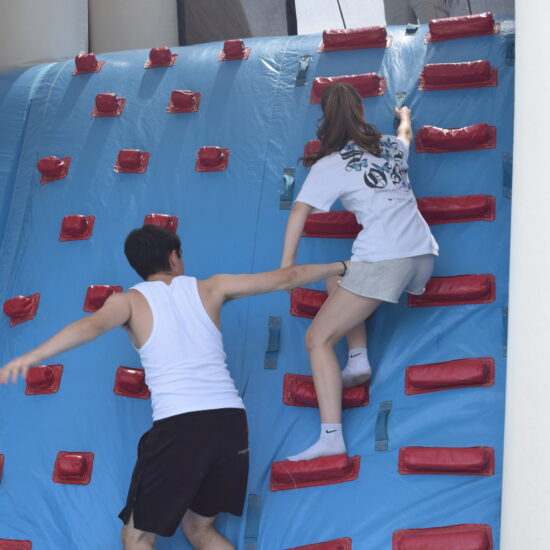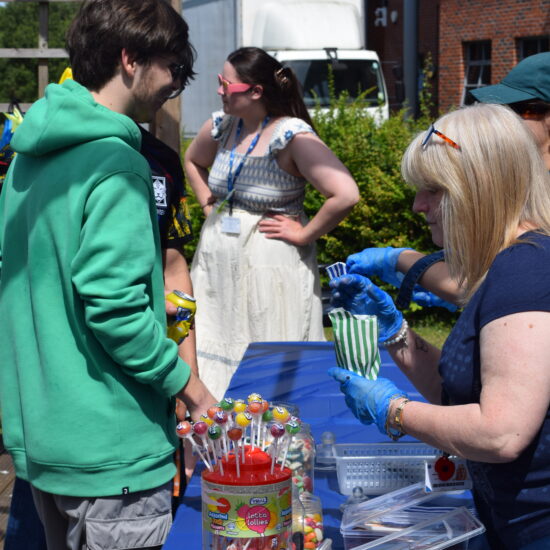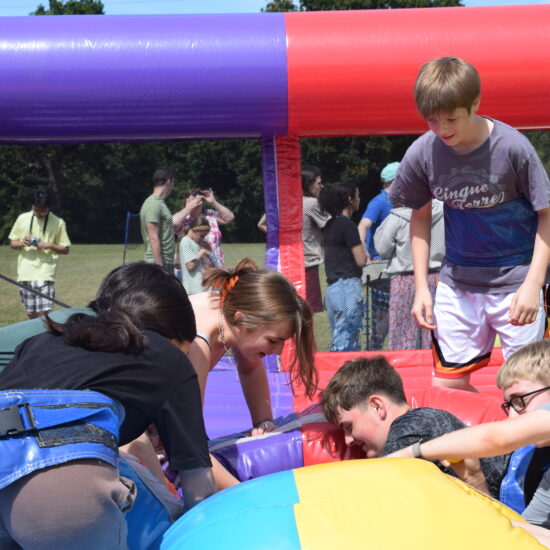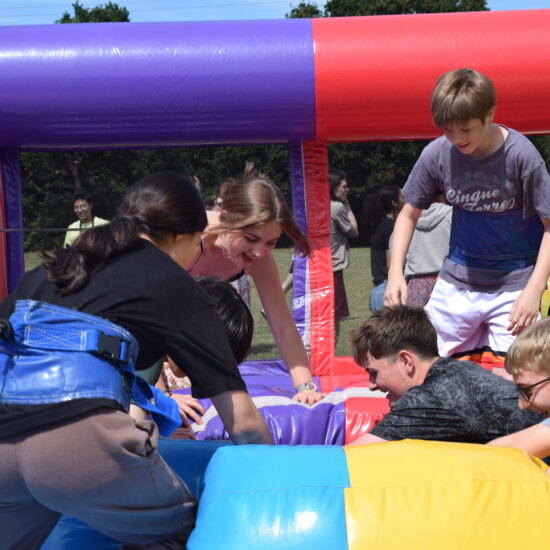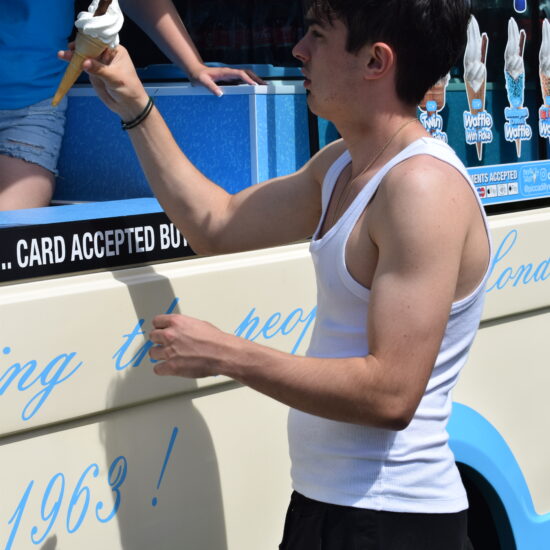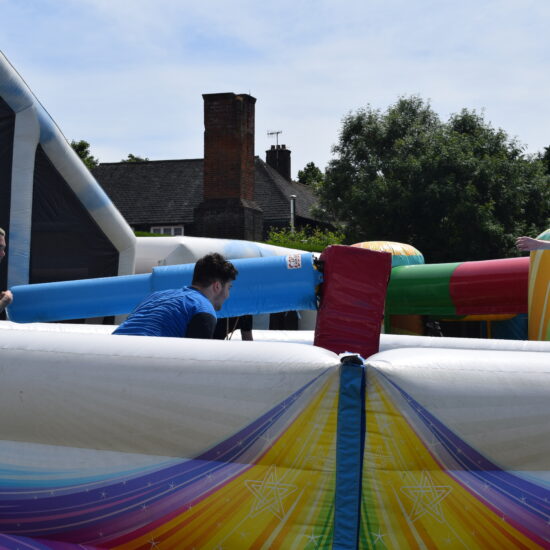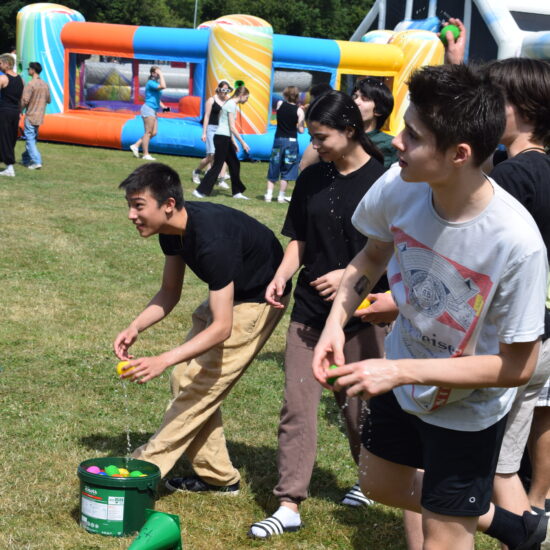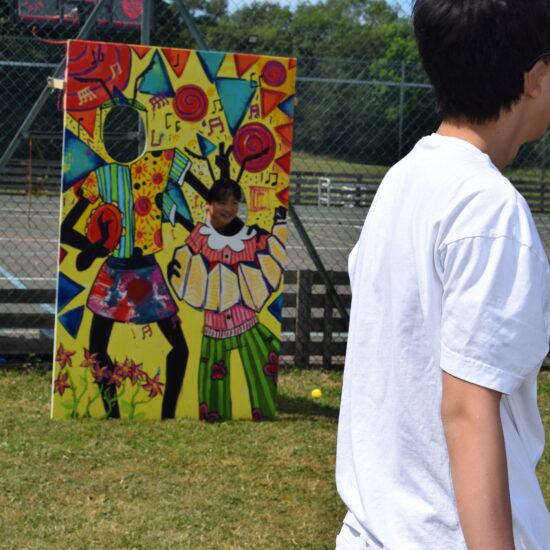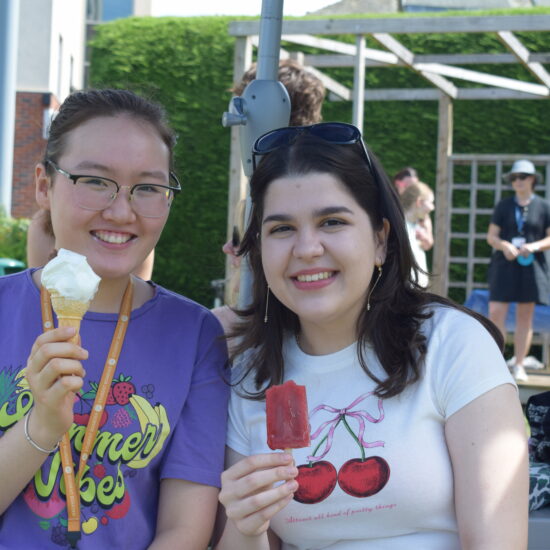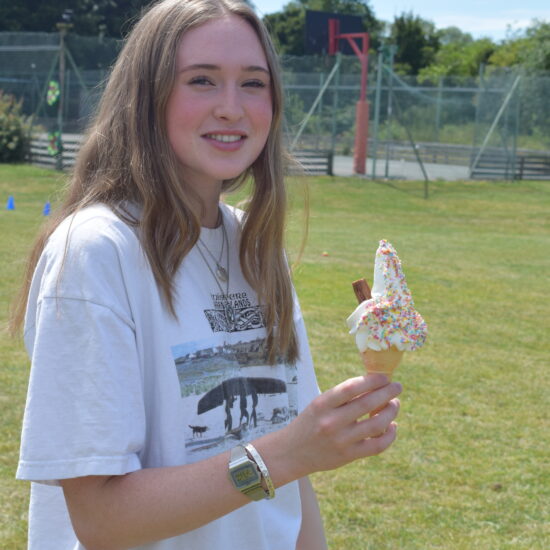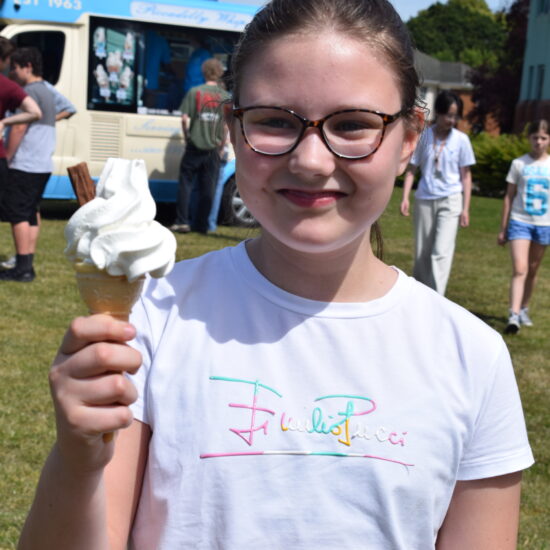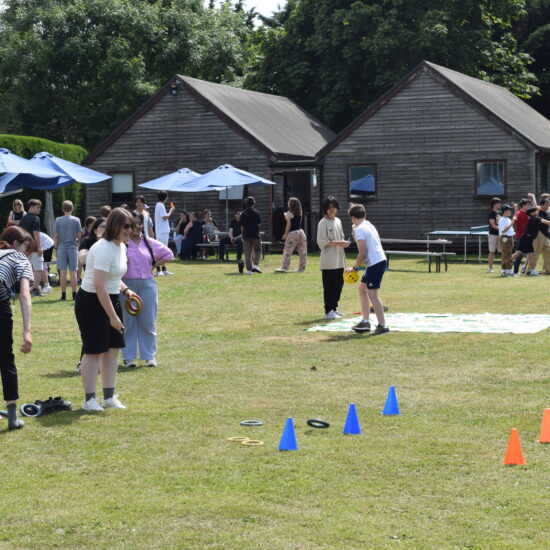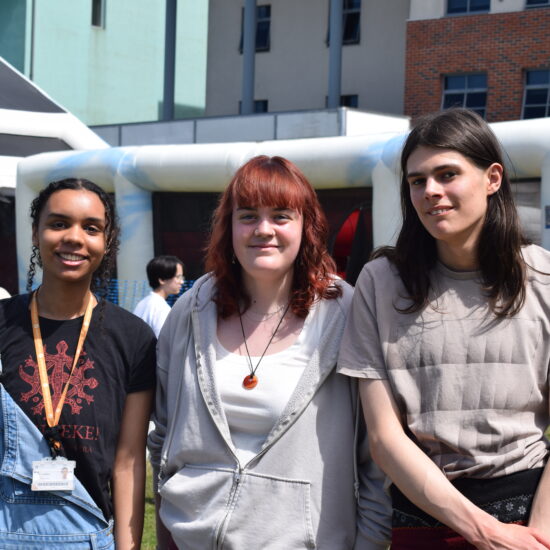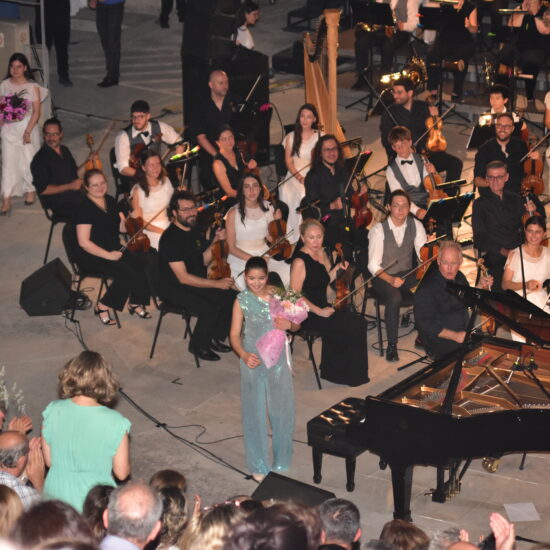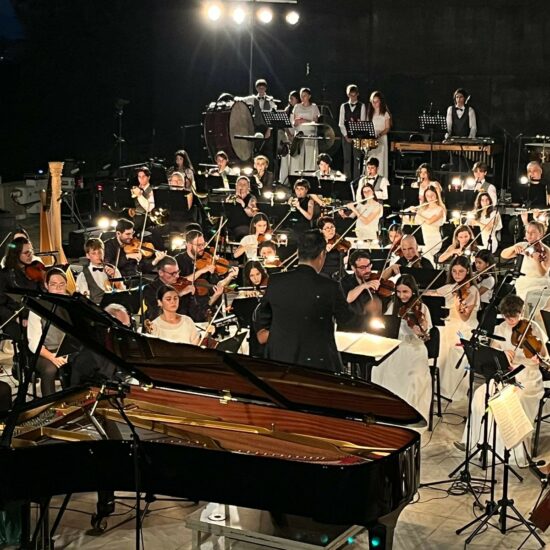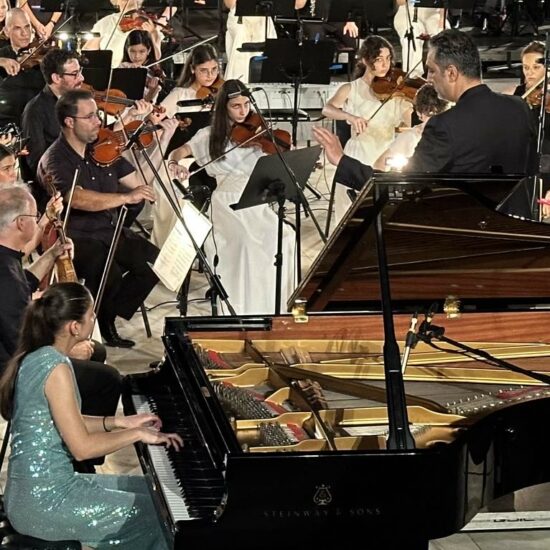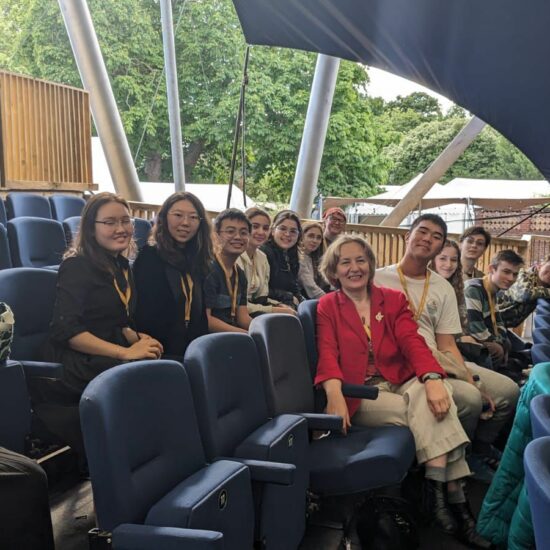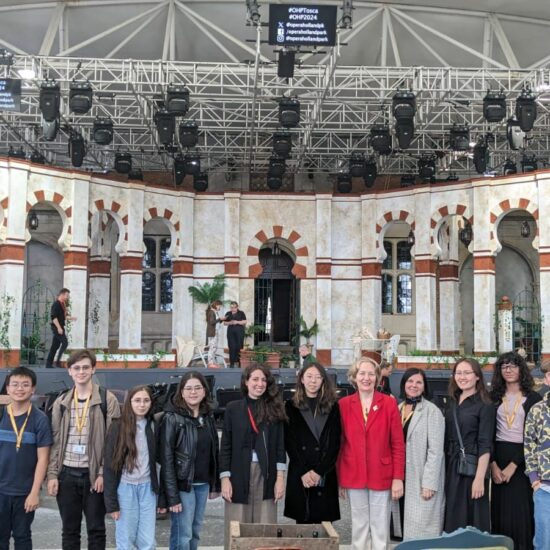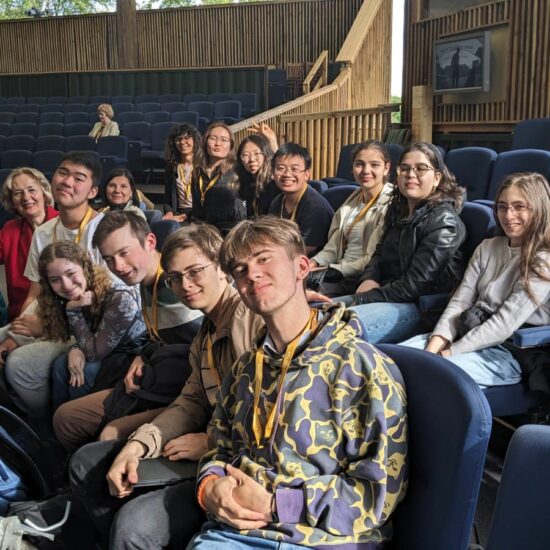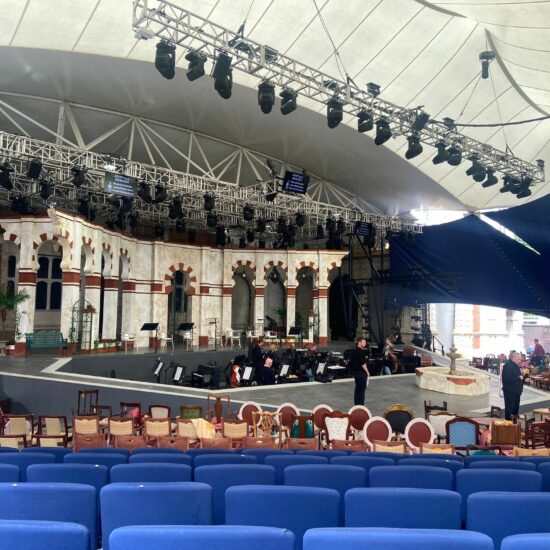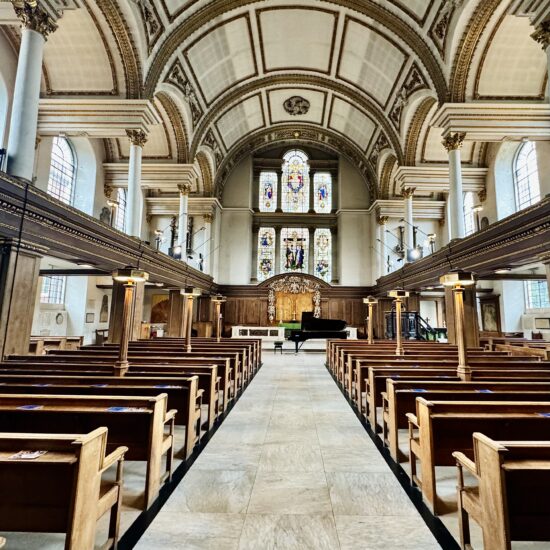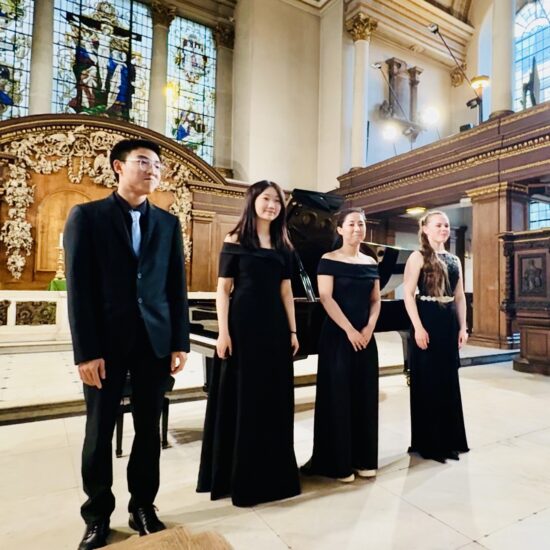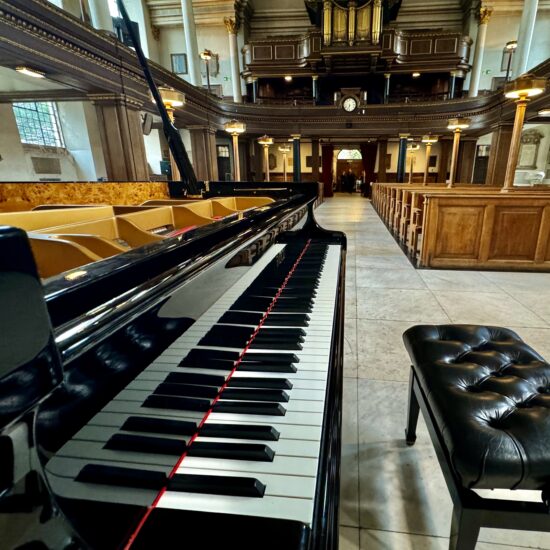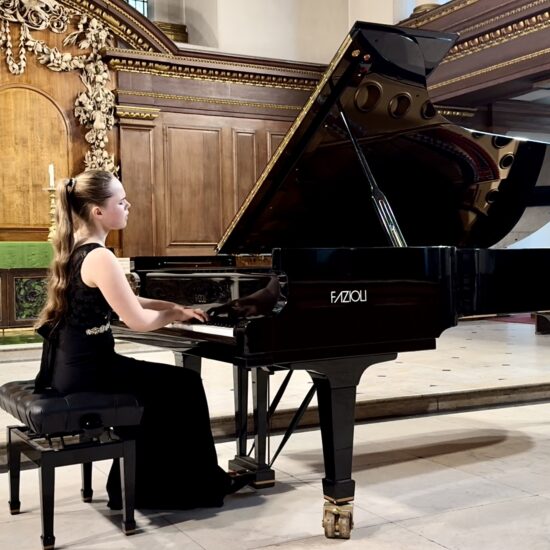Purcell Viola Player Wins Memorial Competition
Congratulations to Year 13 viola player Mina who was this Saturday awarded the first prize in the final of Louis Watt Memorial Solo Competition, which is annually organised by Centre for Young Musicians. They performed Sarabande from J. S. Bach’s Cello Suite no. 5 (transcribed for viola) and the third movement of R. Clarke’s Viola Sonata, accompanied on the piano by Mark Kinkaid. Mina faced tough competition from the other finalists but, during the public final at Morley College, the adjudicator Matthew Sharp, the renowned cellist and baritone, especially praised Mina’s beautiful, mature and nuanced delivery of their programme and the way they embodied the character of each piece. He rounded up his feedback by noting that Mina’s stage presence and the freedom of expression reminded him a little of that of Janine Jansen!
What sensational comments and a fantastic achievement. Huge congratulations to Mina, who studies at Purcell under Sarah-Jane Bradley.
Conducting Class Opera Trip
On Saturday 8th June, a group of Purcell students went to see the Opera Holland Park company rehearsing The Barber of Seville. Arranged by Purcell’s Aural and Choral Conducting Teacher, Irina Walters, the group had a wonderfully informative time and even had the opportunity to speak with the conductor Anna Castro Grinstein and répétiteur Aya Robertson about what it’s like to work as a professional conductor. Year 12 student Natty provided the following account:
‘On Saturday the 8th of June, Purcell students, chaperoned by Irina Walters, Emily Black and Olena Bilash, journeyed to Holland Park Opera House to oversee a first rehearsal of Rossini’s opera, ‘The Barber of Seville’. This visit was first initiated through an email on the 14th July 2022, during the previous academic year, from Irina Walters to associate producer Monique Foulger about the possibility of such a trip to take place. This opportunity was well supported by the venue and opera company as it was a chance to welcome a group of young students to learn about the principles of rehearsal, conducting and much more.
Soon after the students arrived at the space, the rehearsal started. An endearing, passionate gaze, a controlled motion of excitement, and a restless upbeat; these were gestures that demonstrated the whimsical and electrifying nature of Rossini’s genre defining, titanic 19th century tour de force. This 3-hour-long comic celebration was rehearsed in front of an eager and joyful audience. The first beat, struck with infectious confidence and excitement by conductor Anna Castro Grinstein, opened the gates to a world of boundless experimentation, yet shaped with controlled, surgical precision.
While the musical venue and choice of the environment faced me with many questions regarding the nature of the performance, one thing was clear from the beginning – the mastery of the conductor, orchestra and singers over the opera was as clear as their passion towards the piece. The chemistry between the singers made the event quite memorable, with the spontaneity of their performances baked into the mastery of Rossini’s writing. The feeling of ecstasy and fantasy of the 19th century farce was accurately portrayed by the leading roles, Daniel Barrett and Marcus Swietlicki, and was encouraged under Grinstein’s direction, light-hearted but firm in its approach.
Anna’s conducting style – described by the students – involved a particularly boisterous tone, with an upright stance and a frequent bounce (which particularly complimented the opera’s playful character). Her directions were clear, and communication perfect. The difficulty of rehearsing at such a place as this was that at certain times, the singers would be behind her – due to the circular stage and position of the orchestra. One thing that was noted were two screens outside the audience space showing a live video of the conductor’s position – giving performers a chance to see the direction whilst facing away and retaining character. The students were unforgettably impressed by her conducting, especially how she dealt with the time and pressure of the event.
After the rehearsal ended, the group of Purcellians managed to speak with the repetiteur of the company, who taught them what the job entailed and her background which supports it. It was an interesting discussion from which the students – many of whom consider this career a direction they are willing to take – gained the wisdom and confidence to pursue this idea further.
The setting in which the rehearsal took place was a secluded, outdoor sanctuary of playful improvisations on a work they mastered with joy and courage. There is an argument to be made about how we should treat sacred classical material in the modern world. Do we approach it with humility and boundless admiration, following the text with painstaking awareness of the piece’s musical expressions, or do we owe it to the composer to breathe new life into it, re-imagine its world of sounds and gestures through our own perspectives?
I believe the answer lies somewhere in between these two monumental schools of thought, which is that, our duty as artists is to preserve the holy, easily breakable pearls of music, yet through that responsibility, we must find a way to express new worlds, new universes through the same work.
I believe that this idealistic equilibrium was achieved with grace by the Holland Opera Park orchestral members and the conductor.
Choosing to present such a work in an urban environment, right in the heart of nature is a bold and, in some ways, risky bet. Yet for Anna Castro and the orchestra it paid off in a poetic and original way.
Another integral component of the performance was the singers’ chemistry with each other. In every note uttered, every melody sung, there was a clear desire to transcend the familiar, to explore new ways of telling this timeless story of trickery and ambition. It was this communal state of joy and childlike playfulness that cemented this as a meaningful and inspiring interpretation.
This event also marked the culmination of our choral conducting class at The Purcell School for Young Musicians led by our wonderful Irina Walters, who organises a weekly space where we absorb different techniques and methods of conducting and ultimately, develop our own. We’ve studied some of the masters of conducting such as Celibidache and Carlos Kleiber and the Holland Opera Park event was just as enriching an opportunity as all the others, as we went to experience the way a conductor shapes their music in person.
All in all, this experience was a deeply inspiring and formative experience for all the people involved.
We would like to eagerly thank Irina Walters for organising such an occasion, as well as Emily Black and Olena Bilash for supporting us – and without a doubt the Holland Park Opera (especially associate producers Monique Foulger and Miriam Verghese) for the chance for us to visit.‘ Natty (Year 12)



